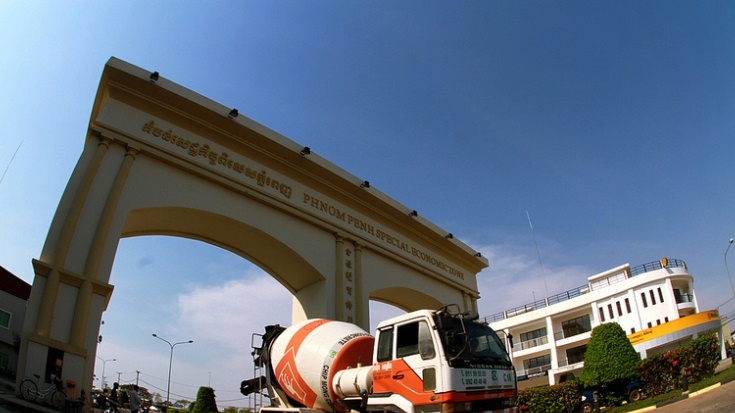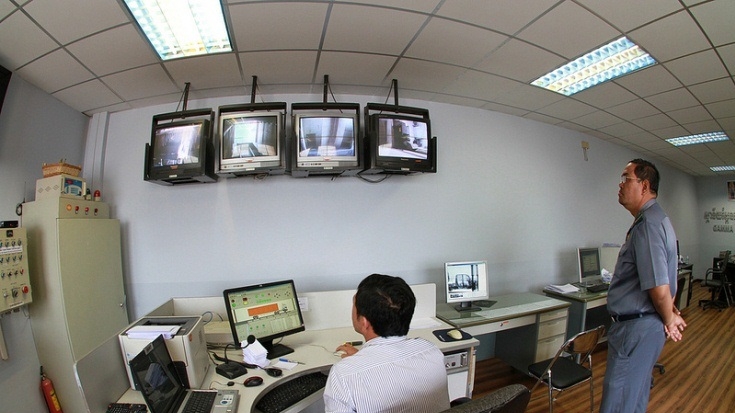Challenges
Cambodia sits in a dynamic region (sandwiched between the economies of Thailand and Vietnam) and its best hope for improving livelihoods is to integrate further into the dynamic ASEAN region. Weak logistics have long impeded Cambodia’s progress in realizing its trade potential, however, because its export costs are about 33% higher than Thailand and 30% higher than Vietnam. Cambodia’s farmers and manufacturers encounter difficulties in moving goods to markets; exporters face challenges in supplying overseas customers and integration into regional production networks remains challenging.
Solution
The TRAC program, which is managed by the World Bank and supported by a multi donor trust fund, has focused on customs and border reform to establish linkages with its ASEAN trading partners. The World Bank is helping establish a ‘National Single Window’, an automated solution combining different border agencies into one electronic platform for use by traders and businesses.
To streamline the export process, the World Bank has worked with the Royal Government of Cambodia to identify and categorize over 120 laws, royal decrees, sub-decrees, and regulations containing formal non-tariff measures, including import/export related permits, licenses and approvals.
TRAC is a program, consisting of 25 sub-components, many of which focus on specific interventions to facilitate trade, such as solutions for truck quotas at border crossings. With enhanced competition in the trucking industry, transport prices have begun falling, encouraging exports and leading to new investment.
Procedures are being streamlined to boost processed rice exports. The World Bank is also helping the fishery industry establish cooperatives that will help to increase the formal exports of these products.

